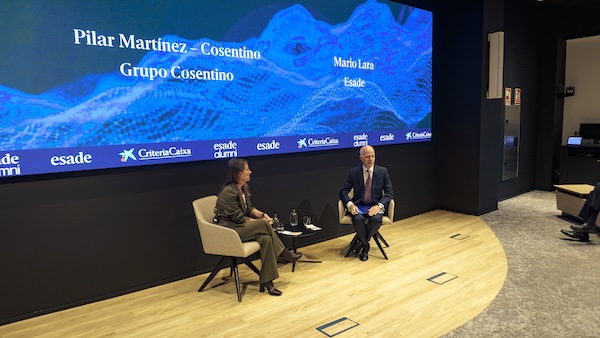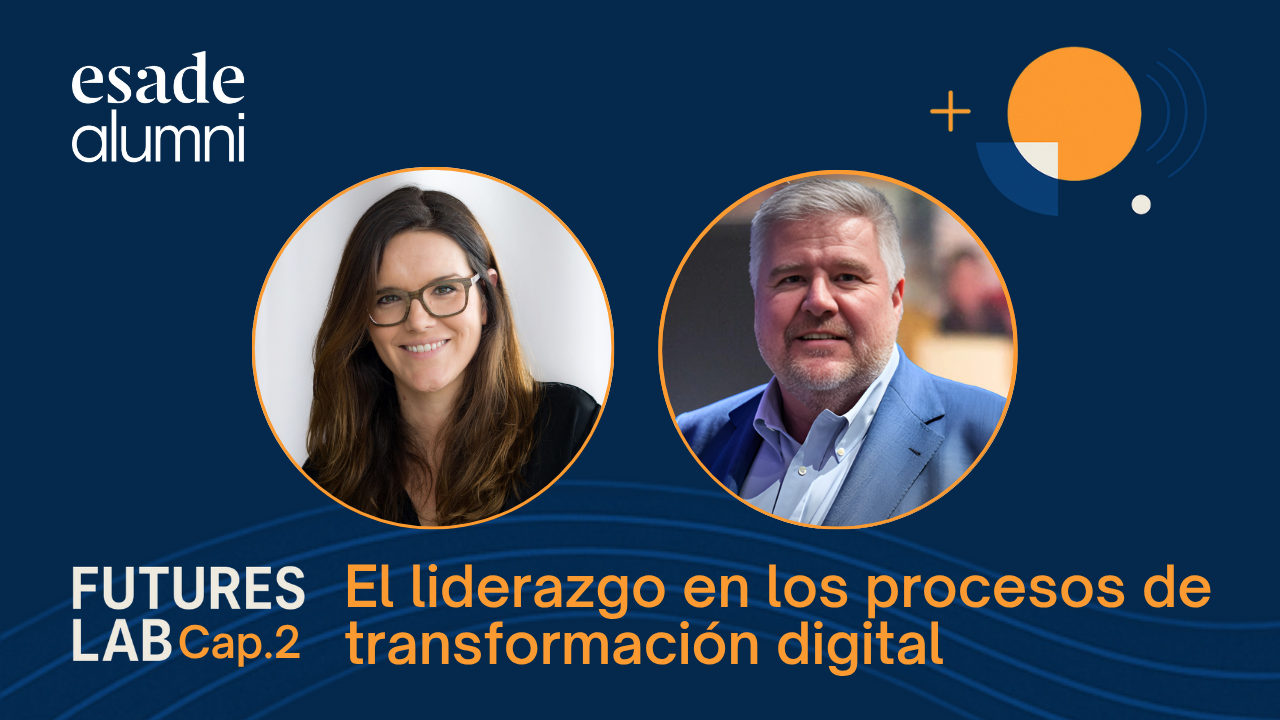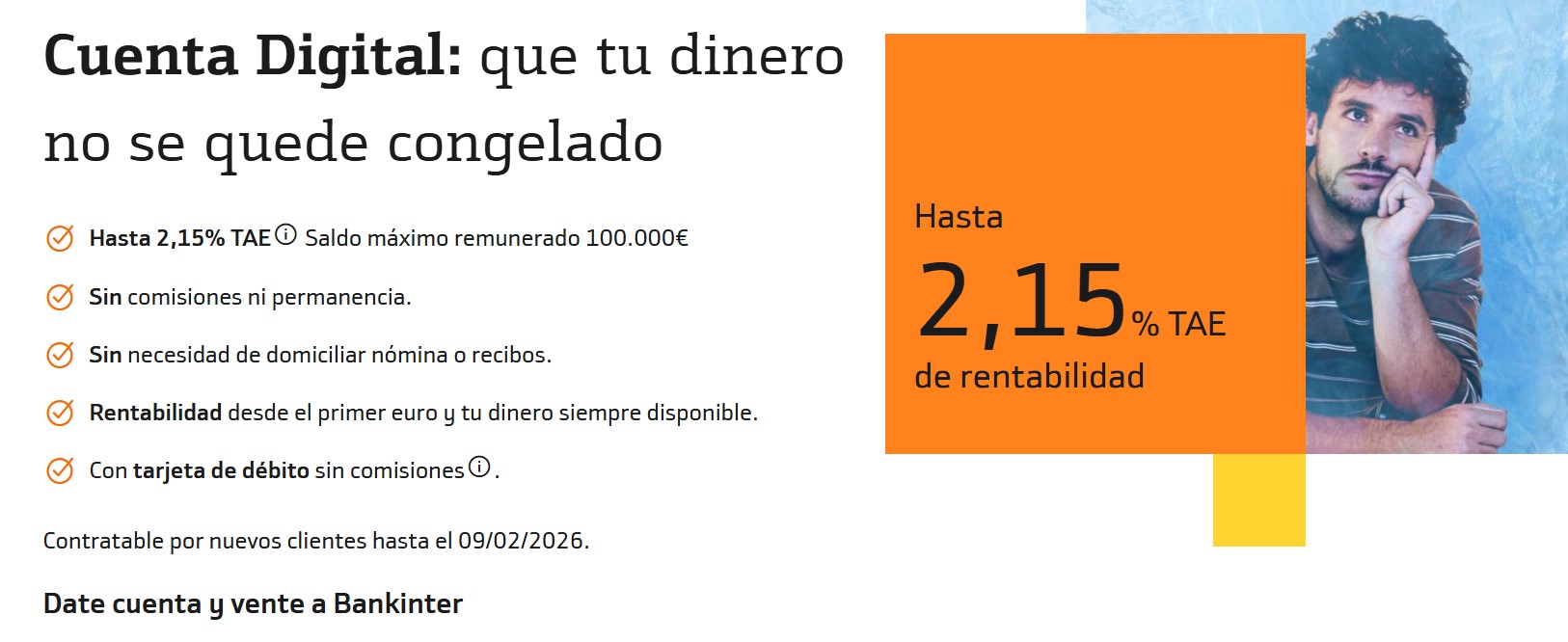Digital leaders, like traditional leaders, need to develop a set of skills that will lead to success: awareness, vision, learning and influence
While the digital world has brought about many changes in the way organisations operate, the fundamental principles of effective leadership have remained largely unchanged.
Digital leadership is a relatively new term, but it is gaining importance every day. It is not just about using digital technologies, but also about leading digital teams and projects. In addition to traditional leadership roles, digital leadership demands a wide range of skills and capabilities. Digital leaders need to be familiar with the constantly changing landscape of digital technologies and understand how these technologies can be used to achieve the desired results. They also need to be able to inspire and motivate digital teams to achieve their goals. Thus, digital leaders, like traditional leaders, need to develop a set of skills that will lead to success, as explained by Giulio Toscani, Academic Assistant in the Department of Operations, Innovation and Data Sciences and Academic Director of the Artificial Intelligence Open Programme in the “Digital Leadership” Refresher Programme.

“When we talk about a leader, we think of someone who directs, guides and inspires other people, in accordance with the context in which he or she operates, since working in education is not the same as working at a startup,” explained Toscani. “Moreover, digital leaders have their own characteristics, because in the digital world we need less time to do things, we are more focused on results and have greater control over the customer, we use multiple channels, and the policy is transparent and collaborative.”
Given that change is natural for a leader, as well as an opportunity for growth, Toscani homed in on the four characteristics that digital leaders must develop: awareness, vision, learning and influence.
Being aware
In the digital world, leaders must be more attuned to the changing needs and expectations of their employees, customers and stakeholders. They must be aware of the latest technologies, trends and best practices in their industry, as well as the changing preferences and behaviours of their target audience. To do this, they must develop their sense of awareness.
In this sense, leadership starts in the mind; we cannot manage other people if we are unable to manage ourselves. “Be aware of yourself, of what you can and cannot do: awareness will allow you to find your strengths and weaknesses,” declared Toscani. Pausing to examine one’s own needs and thoughts allows you to concentrate on what is important. For this purpose. Toscani recommended meditation.
“We will also need to choose our questions wisely so that we can discover new things rather than seeking to reaffirm what we already know or think,” Toscani explained. “Asking questions is essential, even more so than answering them, although we have not been educated to believe this.”
Leadership starts in the mind; we cannot manage other people if we are unable to manage ourselves.
Being a visionary
Digital leaders must be able to anticipate and adapt to changes in the market and be willing to take calculated risks to achieve goals. Should you make decisions based on what you have experienced in the past, or on what is happening in the present? Focusing on solving the issues of the present will help you prepare for the future. Digital leaders need to know where they are going, have a clear vision of the future of their organisation and be able to communicate this vision effectively to their team.
In this vision, they should establish whether they want to work with human teams or with machines. “The combination of the two is the future, as AI demonstrates,” commented Toscani. “Humans are good at common sense, values, imagination, abstract thinking, dilemmas, dreams and generalisation, whereas cognitive systems are good at locating knowledge, identifying patterns, machine learning and eliminating biases, and they also have unlimited capacity. The bottom line is that AI will not replace managers, but managers who use AI will replace those who don’t.”
Digital leaders need to have a clear vision of the future of their organisation and be able to communicate this vision effectively to their team.
Being a learner
Digital leaders should also be lifelong learners, open to new ideas and willing to constantly improve their skills and knowledge. Toscani underscored the need to have an open mind in order to keep learning all the time in any situation: “Having a university degree is only the first step,” he explained. “Agility in learning is what will allow you to extract knowledge from difficulties, from your bosses, from your past, from stakeholders, etc. You will see that everything that happens presents an opportunity to learn. That’s why it is necessary to persist and not give up when things get complicated: the winning combination consists of knowledge, attitude and experience.”
It is necessary to have an open mind in order to keep learning all the time in any situation
Being an influencer
Digital leaders need to be able to influence and motivate their teams to achieve their goals, even in virtual or remote environments. They must inspire others to embrace that vision and work together to make it a reality. Therefore, they must be skilled at building relationships and inspiring trust.
With communication comes the ability to collaborate. Digital leaders often spearhead new initiatives and projects, so they must know how to engage people and guide them towards a common goal. The way we think is the way we will speak and the way we will be perceived, so it is essential to master language and storytelling.
The way we think is the way we will speak and the way we will be perceived, so it is essential to master language and storytelling


































